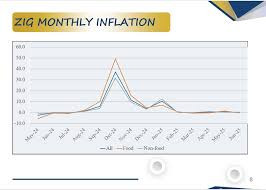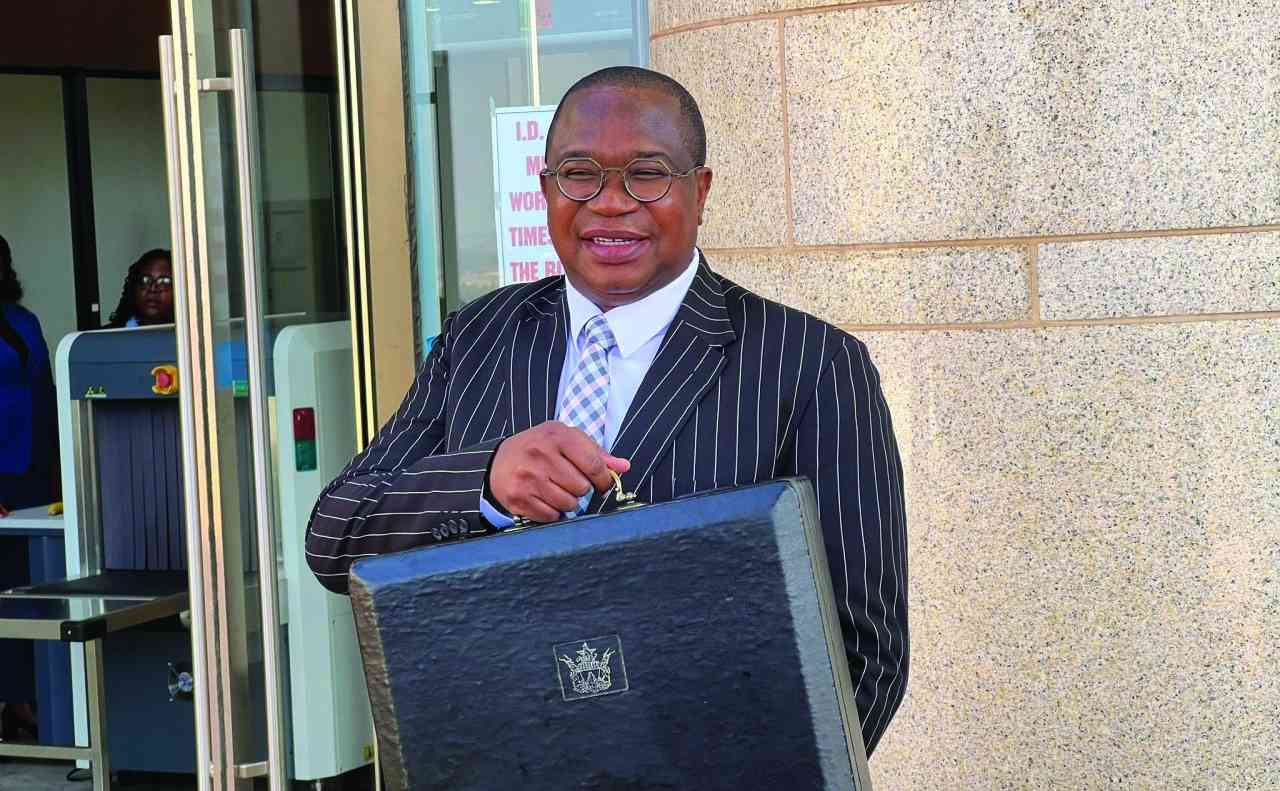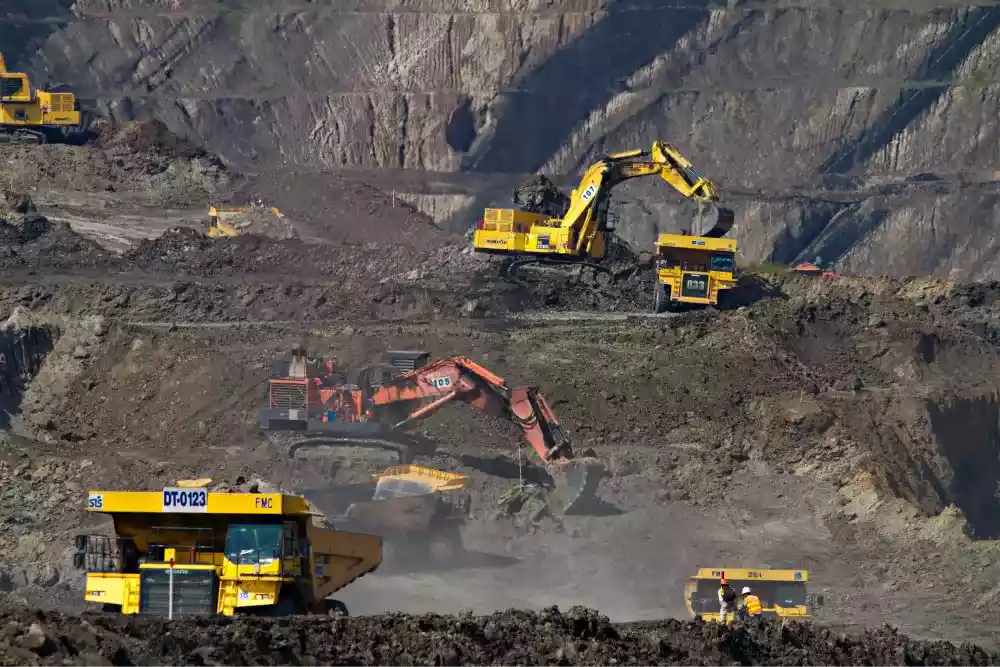JUDICIAL officials were this week said to be investigating the manner in which the four criminal charges levelled against former cabinet minister and presidential aspirant Saviour Kasukuwere were handled nearly four years ago.
The investigation is being conducted by the Judicial Service Commission, National Prosecuting Authority and Special Anti-Corruption Unit in the Office of the President and Cabinet.
Kasukuwere fled the country after the army fired into his Borrowdale house on the night of the military coup in 2017.
He returned briefly in 2018, only to be arrested and brought before the courts on four charges of criminal abuse of office.
Kasukuwere was accused of instructing officials at the Ministry of Local Government “to withdraw eight Good Hope offer letters”, arguing that the “government had other pressing needs for that land”.
The state alleged that he later gave the land to other people.
Keep Reading
- Heated estate wrangle sucks in JSC, Sacu
- Magistrates' court for Mkoba
- Gweru offers land to JSC
- Ziyambi defends Judiciary Amendment Bill
Kasukuwere, a powerful figure in Zimbabwean politics during the late former president Robert Mugabe adminstration, was also accused of instructing officials “to issue out an offer letter in the name of an unregistered company…allocating 20 hectares land” allegedly unprocedurally.
Government also accused Kasukuwere of directing officials in the Local Government ministry to “find land for Shuvai Gumbochuma in Masvingo…showing favour” to the individual.
Another allegation levelled against the former Zanu PF political commissar was presiding over the selection of Brainworks Capital to offer services to government without going to tender.
Retired magistrate, Hosea Mujaya issued the first warrant of arrest on January 18 2019, after Kasukuwere defaulted court..
The second warrant was issued after Kasukuwere was given back his passport by the courts but failed to submit it back within the period stipulated.
The issue of the warrants of arrest resurfaced when Kasukuwere announced that he would be contesting in the presidential election on August 23 as an independent candidate.
His supporters say the warrants have been dusted off to block him from contesting in the elections.
This week, judicial sources said issues have been raised over the manner in which the cases were handled.
“Questions are being asked about why the National Prosecuting Authority (NPA) decided not to appeal against the ruling by the High Court and what happened thereafter,” a source close to the developments said.
“There is also an issue being raised querying how the High Court went on to hear a case on someone who had an existing warrant. There are a lot of questions being asked.”
Another source said authorities kept the warrant ‘alive’ to use it against him if ever he returned.
High Court Judge Justice Tawanda Chitapi dismissed four criminal abuse of office charges against Kasukuwere in August 2019.
In his ruling, Chitapi criticised lower courts for attempting to prosecute Kasukuwere without enough evidence to incriminate him.
“With due respect to the first respondent (Mujaya), the ruling (Mujaya’s) does not show that he applied his mind to the legal issues raised in exception,” the judge said.
“Under the circumstances, adding that if fresh charges were to be made against the former minister, a different court ought to deal with the matter.
“The charge sheet is accordingly quashed in respect of all four counts.
“In the event that the (then) Prosecutor-General (PG) Kumbirai Hodzi decides to prosecute the applicant on any amended charges, the fresh proceedings ought to be commenced before a different magistrate,” Justice Chitapi added
Kasukuwere’s latest political moves, which have unsettled his former allies in Zanu PF, appeared to have triggered authorities to act.
“The warrant was kept alive for administrative purposes and no magistrate signed it,” one senior judicial official said.
“This is a purely technical case because the warrant is still alive and Kasukuwere can be arrested despite the ruling by the High Court.
“The state was smart on this issue because they knew the warrant would work in their favour if Kasukuwere wanted to come back.”
Most people approached for comment on or off the record were not keen to discuss the matter.
Kasukuwere’s spokesperson Walter Mzembi, also a member of the G40 group that skipped the country after the coup, said at a press conference in South Africa that there was no warrant of arrest against his political ally.
Mzembi accused Virginia Mabhiza, permanent secretary in the Ministry of Justice, Legal and Parliamentary Affairs, of attempting to revive old arrest warrants for political gain.
A source in the judiciary told the Independent that: “Those charges he claims were quashed were reformulated to deal with the defects that had led to the quashing in the first place.
“The quashing did not acquit him at all. Those were technical objections that were dealt with before he was asked to plead.
“He shouldn’t give the impression that he was acquitted by the courts. That never happened. These legal problems are real”.
Acting PG Nelson Mutsonziwa referred questions to acting deputy PG Michael Reza, who directed this newspaper to Justin Uladi, who at the time was also acting deputy PG.
When contacted, Uladi told the Independent to speak to NPA spokesperson Angeline Munyeriwa, who said: “I believe that those cases at Court are of public record.
“It would be most helpful if you access them at the courts and read them so that you get the most appropriate picture and context as well as the background for the story you want to write.
“Everything is in the records. We will be happy to clarify anything for you once you have read the documents filed of record at the courts,” she added.
In an interview with State media, Mabhiza said Kasukuwere should submit himself before the laws of Zimbabwe.
“When someone is issued with a warrant of arrest, they should submit it before the law. What he should do is submit himself before the law and seek cancellation of the warrants. He has his lawyers, so they should advise him on what he should do. His submission to the law is standard procedure,” she said.





